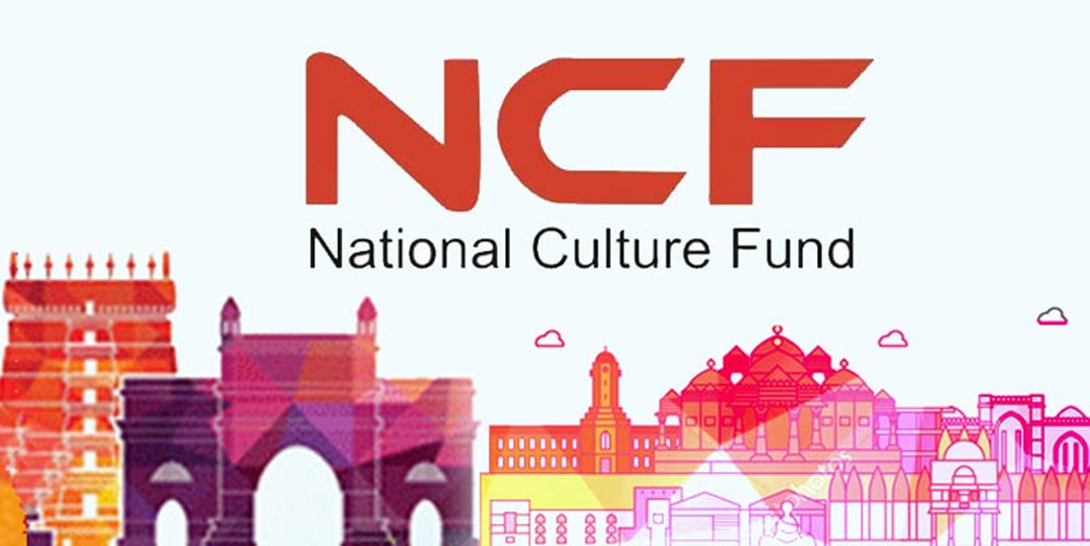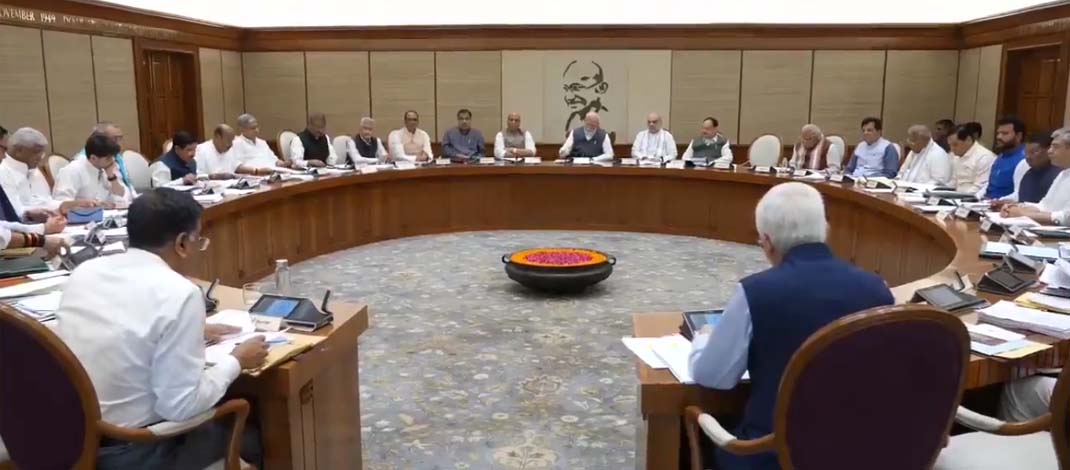- Courses
- GS Full Course 1 Year
- GS Full Course 2 Year
- GS Full Course 3 Year
- GS Full Course Till Selection
- Online Program
- GS Recorded Course
- NCERT (Recorded 500+ Hours)
- Polity Recorded Course
- Geography Recorded Course
- Economy Recorded Course
- AMAC Recorded Course
- Modern India, Post Independence & World History
- Environment Recoded Course
- Governance Recoded Course
- Science & Tech. Recoded Course
- International Relations and Internal Security Recorded Course
- Disaster Management Module Course
- Ethics Recoded Course
- Essay Recoded Course
- Current Affairs Recoded Course
- CSAT
- 5 LAYERED ARJUNA Mentorship
- Public Administration Optional
- ABOUT US
- OUR TOPPERS
- TEST SERIES
- FREE STUDY MATERIAL
- VIDEOS
- CONTACT US
National Culture Fund
National Culture Fund

The Government of India established the National Culture Fund (NCF) as a Trust on November 28, 1996, under the Charitable Endowment Act, 1890.
- The aim is to mobilize extra resources through Public Private Partnerships (PPP) to promote, protect, and preserve India’s tangible and intangible cultural heritage.
Major Objectives of NCF
-
Conservation and Maintenance: To administer and apply the Fund for the conservation, maintenance, promotion, protection, preservation, and upgradation of monuments, both protected and unprotected.
-
Training and Development: To impart training and facilitate the development of a cadre of specialists and cultural administrators.
-
Museum Expansion: To provide additional space in existing museums and construct new museums to accommodate or create new and special galleries.
-
Documentation: To document cultural expressions and forms that have lost their relevance in contemporary scenarios and are either fading out or facing extinction.
Features of NCF:
-
Governing Council: Managed and administered through a Governing Council chaired by the Hon’ble Minister of Culture, with a maximum strength of 25 members to decide policies.
-
Executive Committee: Headed by the Secretary (Culture) with a maximum strength of 11 members to execute policies.
-
Tax Benefits: Donations to the National Culture Fund are eligible for 100% tax benefit under Section 80G (ii) of the Income Tax Act, 1961.
-
CSR Contribution: NCF’s activities are covered under Schedule VII No. (v) of the Companies Act, 2013 as a valid receptacle of Corporate Social Responsibility (CSR) contribution. This includes the protection of national heritage, art and culture, restoration of historical buildings and sites, setting up public libraries, and promotion of traditional arts and handicrafts.
-
Auditing: Annual Accounts are audited by the Comptroller and Auditor General of India.
Role of NCF:
-
Partnerships: NCF forges partnerships with corporates, NGOs, etc., to implement preservation and conservation-related heritage projects as per norms.
-
Flexibility for Donors: NCF provides donors/sponsors the flexibility to indicate a specific project, location, or implementing agency for the execution of the project.
-
Project Monitoring: To ensure that projects supported by NCF under PPP mode do not get delayed, meetings of the Project Implementation Committee (PIC) are regularly convened. These meetings are chaired by the Director General, Archaeological Survey of India for ASI projects, and officials of NCF/Ministry of Culture for other projects.
-
Donations: NCF can receive donations from corporates, PSUs, trusts, and individuals for the maintenance and preservation of centrally protected monuments/cultural projects through NCF. All donors/sponsors must comply with the terms and conditions of the MoU agreed for any particular project.
What is Intangible Cultural Heritage?
Intangible cultural heritage refers to the practices, representations, expressions, knowledge, skills, instruments, objects, artefacts, and cultural spaces associated with them that communities, groups, and individuals recognize as part of their cultural heritage.
Conclusion:
The National Culture Fund (NCF) plays a crucial role in preserving and promoting India’s rich cultural heritage through public-private partnerships. Its objectives, features, and role highlight the government's commitment to safeguarding both tangible and intangible cultural assets. The NCF's activities are supported by various stakeholders, including corporates and NGOs, and are monitored to ensure smooth implementation.
Must Check: Best IAS Coaching In Delhi
UPSC Prelims Result 2024 Out: Expected Cut Off & Other Details, UPSC Prelims 2024 Answer with Explanation, Daily Prelims Quiz, Daily Current Affairs, MONTHLY CURRENT AFFAIRS TOTAL (CAT) MAGAZINE, Best IAS Coaching Institute in Karol Bagh, Best IAS Coaching Institute in Delhi, Daily Mains Question Answer Practice, ENSURE IAS UPSC Toppers, UPSC Toppers Marksheet, Previous Year Interview Questions, UPSC Syllabus



